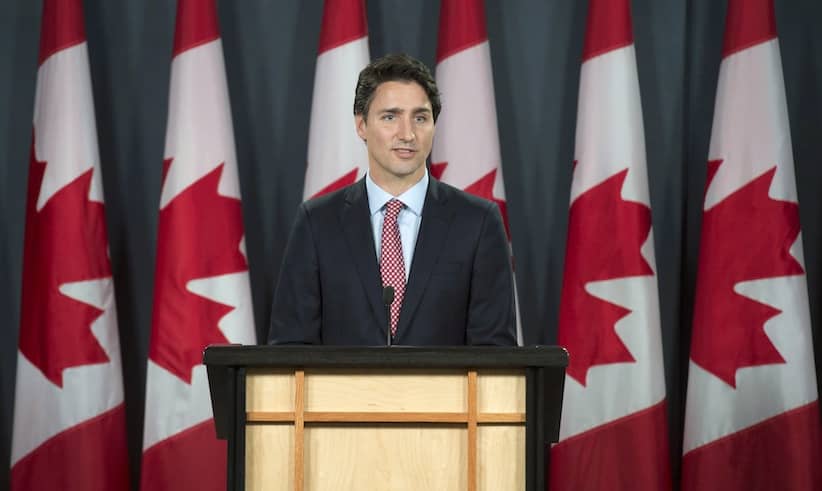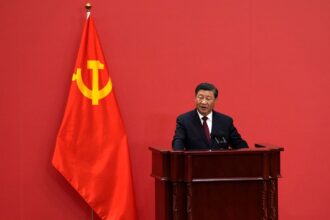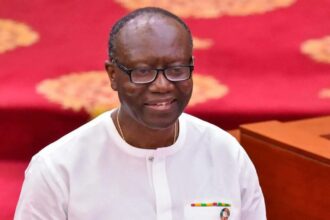
Justin Trudeau, the Prime Minister of Canada, announced on Monday that he would be stepping down as the leader of the Liberal Party. This announcement was made during a press conference held in Ottawa, the capital city of Canada.According to Trudeau, his decision to resign was motivated by his desire to give Canadians a “real choice” in the upcoming election. He emphasized that internal conflicts within the party would hinder his ability to effectively lead the country.Trudeau has been serving as the Prime Minister of Canada since 2015 and has led the Liberal Party since 2013. His resignation marks the end of his nearly decade-long tenure as party leader and his eight-year term as prime minister.
Although Trudeau is resigning as party leader, he intends to remain in office as prime minister until the Liberal Party selects a new leader through a nationwide competitive process.On Monday, Trudeau requested that the president of the Liberal Party initiate the process of selecting a new leader. This process is expected to be robust and competitive, with the goal of giving Canadians a genuine choice in the next election.
Trudeau’s resignation comes amid significant pressure from within the Liberal Party. Several caucus members had called for his resignation, citing declining approval ratings and challenges in retaining support ahead of the next federal election.During the press conference, Trudeau also announced that the Canadian Parliament would be suspended until March 24. A confidence vote is scheduled to take place on that date.
The implications of Trudeau’s resignation are still unfolding. His decision to step down marks a significant shift in Canadian politics, and the country awaits the outcome of the Liberal Party’s leadership selection process.
Justin Trudeau, Canada’s Prime Minister, has announced his resignation as leader of the Liberal Party, citing the need for a “reset” after nearly a decade in power. Trudeau’s tenure has been marked by several scandals, including the resignation of his Justice Minister, Jody Wilson-Raybould, and backlash over images of him wearing brownface. Despite these controversies, Trudeau retained power for nine years, winning re-election twice since assuming office in 2015.
However, calls for his resignation intensified in December 2024 after he attempted to demote Finance Minister Chrystia Freeland, who subsequently resigned and accused Trudeau of prioritizing “political gimmicks” over the country’s best interests.
The growing cost of living and Trudeau’s handling of the economy also contributed to his loss of public acceptance. Jagmeet Singh, leader of the New Democratic Party, issued an open letter announcing his intention to introduce a motion to topple Trudeau’s government, stating that Trudeau had “failed in the most important task” of working for the people.
Trudeau’s resignation announcement came on January 6, 2025, with the Liberal Party set to hold a leadership election to determine his successor. Potential candidates include Anita Anand, Mark Carney, and François-Philippe Champagne, among others.
Source: https://www.premiumtimesng.com/








